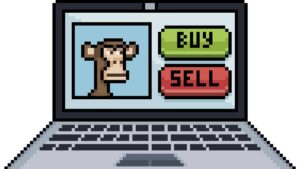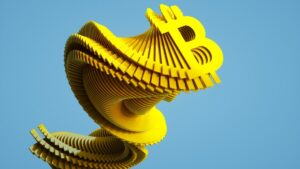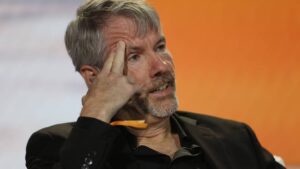How long does it take to mine Bitcoin?
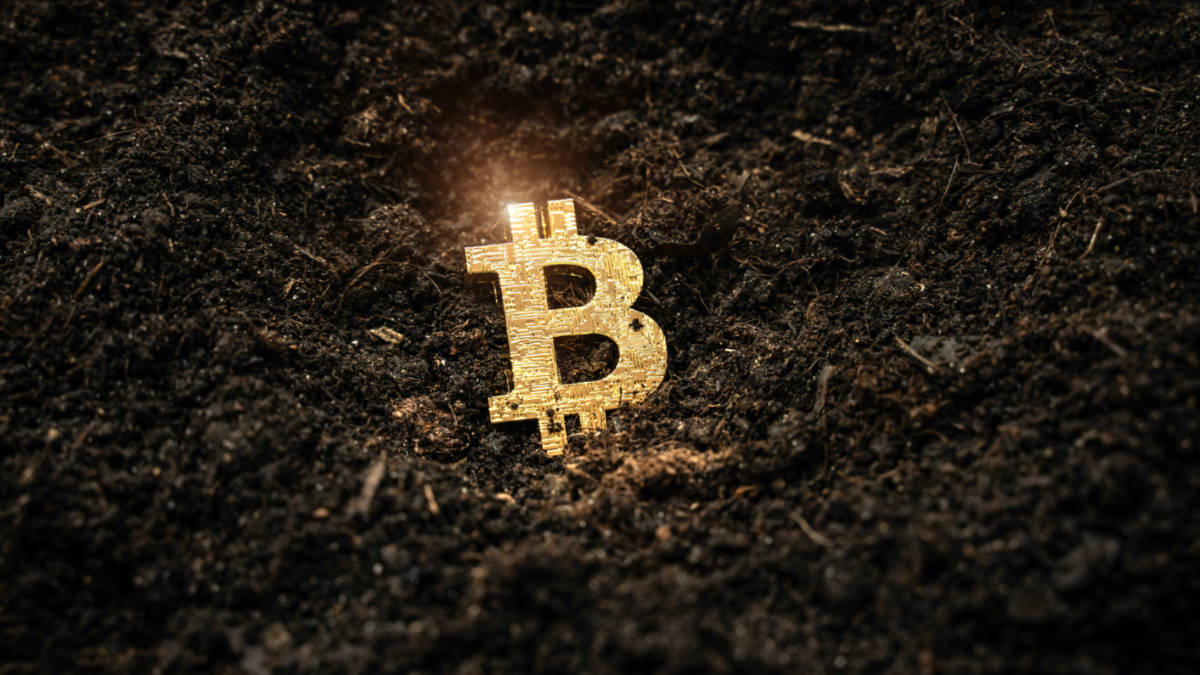
Image: Getty.
How long does it take to mine Bitcoin? The answer is simple. Approximately 10 minutes. However, the question itself leads to others. What is mining and what function does it perform?
This simple guide will answer these questions and give context to the process.
What is mining and what is its purpose?
Mining is a process of record-keeping carried out by a network of powerful computers. Records are kept on digital ledgers known as blockchains.
The purpose of mining is to organise and verify new transactions on a blockchain network. It’s also how new cryptocurrencies enter circulation.
Rewards, in the form of newly created cryptocurrency, are given to miners who successfully verify new transactions. To further understand this process, we need to know what a block and blockchain is.
What is a block, a blockchain and how do these link to mining?
As a part of mining’s record-keeping function, the process organises transactions into blocks. A block, in the context of cryptocurrency, is a file that securely stores transactional data. This includes who the cryptocurrency is from, how much is being sent and the intended recipient.
A blockchain is, as the name suggests, a chain made up of blocks. The first block in the chain is called the genesis block. Once verified, blocks are added to the blockchain. Each subsequent block added contains a complete history of every block that came before it. This process repeats itself so long as transactions occur on the blockchain network. Active blockchains are growing all the time.
Bitcoin’s blockchain is a publicly available ledger that records every transaction on its network. Other cryptocurrencies, such as Litecoin or Ethereum, each have their own blockchain.
As Bitcoin’s blockchain is public, it means anyone can download a copy and join the Bitcoin network. By joining the network, you add computing power to verify transactions. Therefore, Bitcoin’s blockchain is ‘distributed’. This differs from a ‘centralised’ network like a bank. Bank transactions are processed via a central point.
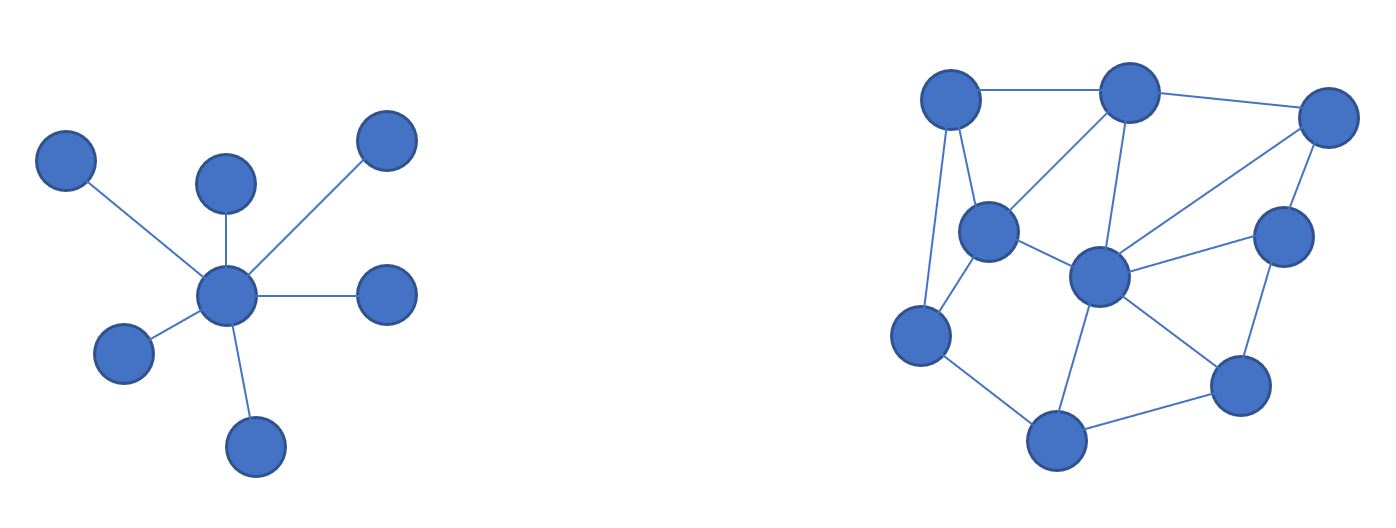
How does Bitcoin mining and verification work?
The worker bees of the Bitcoin blockchain are specialised computers known as miners. Miners process complex mathematical puzzles to verify transactions. The first miner to guess the puzzle’s answer, or nearest to it, gains a mining reward.
Mining rewards are the incentive to miners for adding computing power to a blockchain network. The cryptocurrency the reward is paid in depends on the chain being mined. For example, if you mine Bitcoin’s blockchain, you earn a reward in Bitcoin. If you mine Ethereum’s blockchain, you earn Ethereum and so on.
Put simply, the more processing power you add to the Bitcoin network, the greater the chance to solve the puzzle. The miner who accomplishes this first gets a mining reward.
Mining has become a lucrative business. Large mining ‘farms’ have been established to earn the rewards. However, mining equipment is both expensive to buy and operate.
Bitcoin mining rewards.
There is a limited supply of Bitcoin, set at 21 million units, written into the cryptocurrency’s code.
Initially, miners earned 50 Bitcoin per block mined. The mining reward halves roughly every four years. It does this to slowly reduce the amount of new Bitcoin entering circulation. This process ensures that Bitcoin is a deflationary asset. As its supply decreases and demand for the asset increases, so too should the value of Bitcoin.
Bitcoin’s mining reward has halved three times since the cryptocurrency was launched in 2009.
While there are alternatives, mining is an integral part of how some blockchains operate. It defines a system that isn’t controlled by one single entity, but one that anyone can contribute to.
BTC Markets is Australia’s leading digital asset exchange, trusted by 270,000 verified clients who have traded over $9.8 billion. Buy, sell and trade Bitcoin (BTC), Ethereum (ETH), XRP and more with AUD today. Visit BTC Markets for more information.
This article was developed in collaboration with BTC Markets a Stockhead advertiser at the time of publishing. This story does not constitute financial product advice. You should consider obtaining independent advice before making any financial decisions.
Related Topics
UNLOCK INSIGHTS
Discover the untold stories of emerging ASX stocks.
Daily news and expert analysis, it's free to subscribe.
By proceeding, you confirm you understand that we handle personal information in accordance with our Privacy Policy.
